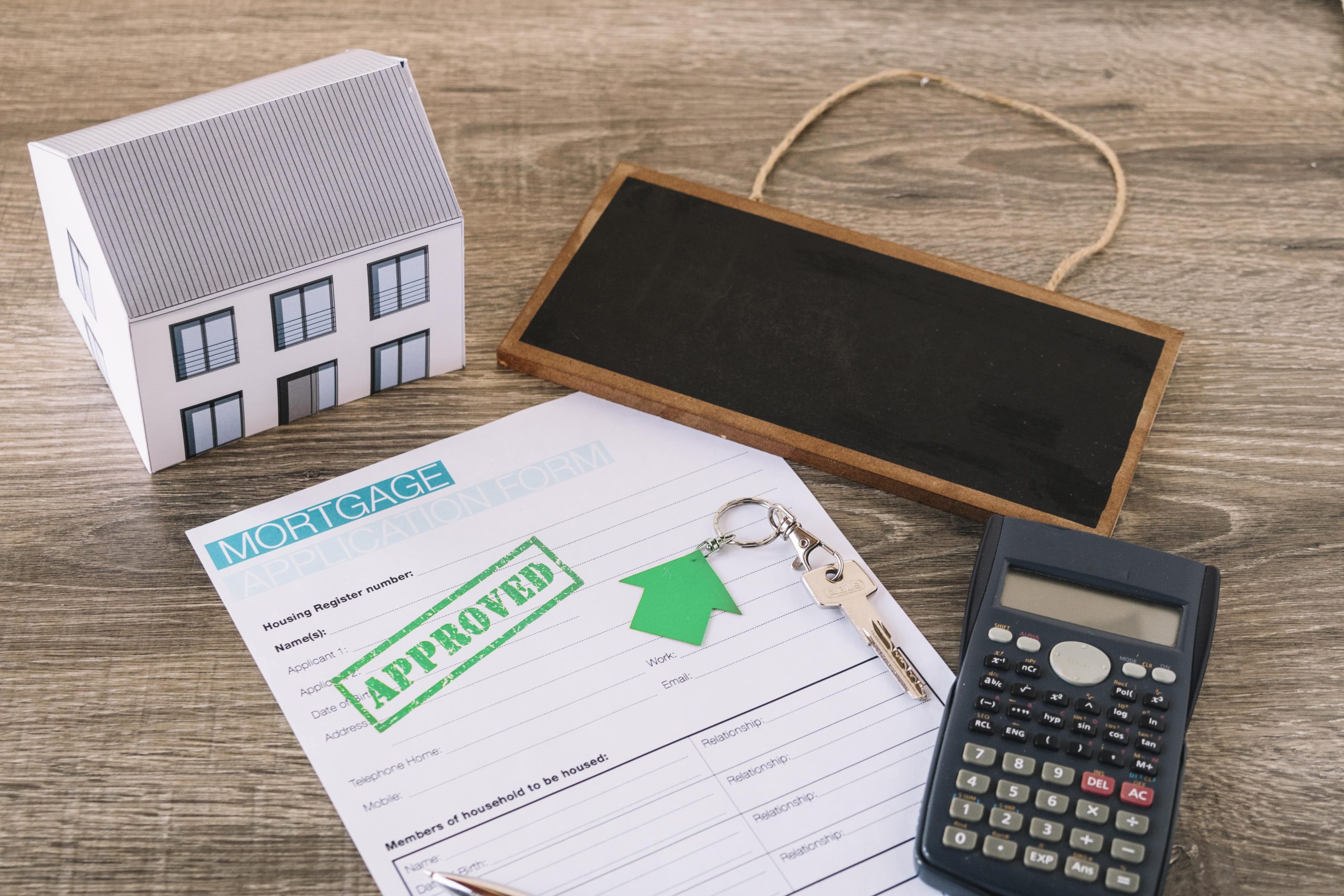Frequently Asked Questions
What are the benefits of hiring an Encinitas property management company?
The benefits of hiring an Encinitas property management company include expert handling of tenant relations, efficient property maintenance, market insight for optimal rental pricing, and comprehensive legal compliance, ultimately helping property owners maximize their investment returns.
Can Carlsbad property managers help with rent collection?
Carlsbad property managers can indeed assist with rent collection. They utilize efficient systems and established procedures to ensure timely payments, reducing the burden on property owners and helping to maintain consistent cash flow.
How do I find a reliable property manager in Carlsbad?
Finding a reliable property manager in Carlsbad involves researching local companies, reading reviews, and checking their track record with homeowners associations and rental properties. Property Advantage specializes in comprehensive management solutions ideal for your needs.
Do Carlsbad property management companies handle tenant screening?
Carlsbad property management companies do handle tenant screening. They conduct thorough background checks, credit evaluations, and reference verifications to ensure that qualified tenants are selected for rental properties.
What are the qualifications of a good Carlsbad property manager?
The qualifications of a good Carlsbad property manager include strong communication skills, local market knowledge, relevant licenses or certifications, proven experience in property management, and a commitment to maintaining property value while ensuring tenant satisfaction.
What are the benefits of hiring a Carlsbad property manager?
The benefits of hiring a Carlsbad property manager include expert local market knowledge, efficient tenant management, reduced maintenance costs, and compliance with regulations, all of which enhance property value and minimize stress for property owners.
What services do Carlsbad property management companies offer?
Carlsbad property management companies offer a range of services, including tenant screening, lease management, property maintenance, rent collection, and financial reporting, ensuring that property owners and homeowners associations can efficiently manage their investments.
Do Encinitas property managers handle evictions and collections?
Encinitas property managers do handle evictions and collections. They provide expertise in navigating legal processes and ensure proper procedures are followed to minimize stress for property owners.
How do Encinitas property managers handle emergency repairs?
Encinitas property managers handle emergency repairs by maintaining a 24/7 response system, promptly assessing issues, and coordinating with qualified contractors to ensure swift resolutions, thereby minimizing inconvenience for tenants and property owners.
Can an Encinitas property manager help increase rental income?
An Encinitas property manager can significantly help increase rental income by leveraging their local market expertise, optimizing pricing strategies, and enhancing property visibility through effective marketing. Their professional management can ensure higher occupancy rates and better tenant retention.
What is the average cost of Carlsbad property management services?
The average cost of Carlsbad property management services typically ranges from 8% to 12% of the monthly rental income, depending on the services provided and the specific property management company chosen.
What services do Encinitas property management companies offer?
Encinitas property management companies offer a range of services, including tenant screening, rent collection, property maintenance, and regular inspections, ensuring efficient management of residential and commercial properties for optimal returns.
What is included in property management services?
Property management services include tenant placement, rent collection, property maintenance, financial reporting, lease management, and legal compliance, all aimed at maximizing property value and ensuring a hassle-free experience for property owners and homeowners associations.
How can I evaluate property management companies?
Evaluating property management companies involves assessing their experience, reputation, services offered, and client reviews. Additionally, consider their knowledge of the Southern California rental market and their ability to cater to your specific needs as a property owner or HOA.
What are the fees for Encinitas property management?
The fees for Encinitas property management typically include a percentage of the monthly rental income, usually ranging from 6% to 10%, along with additional charges for maintenance, leasing, and other services.
What maintenance services do Encinitas managers provide?
Encinitas managers provide a range of maintenance services, including routine inspections, landscaping, repairs, and emergency response, ensuring that properties are well-maintained and meet the needs of both homeowners associations and rental property owners.
How do property managers increase tenant retention?
Property managers increase tenant retention by providing exceptional customer service, maintaining properties effectively, addressing tenant concerns promptly, and fostering a sense of community through engagement and communication, ensuring tenants feel valued and satisfied in their rental experience.
What strategies do Carlsbad managers use for advertising?
Carlsbad managers use targeted online advertising, social media campaigns, and local networking to promote properties effectively. They also leverage community outreach and professional partnerships to enhance visibility and attract potential tenants.
How does property management affect rental income?
Property management significantly affects rental income by optimizing property marketing, minimizing vacancies, and ensuring timely rent collection. Professional management increases tenant retention and maintains the property, ultimately leading to a more stable and higher income stream.
What are tenant rights in Carlsbad properties?
Tenant rights in Carlsbad properties include the right to a habitable living environment, privacy, and protection against discrimination. Tenants are also entitled to proper notice before eviction and the return of security deposits under California law.
Can a property manager assist with lease agreements?
Property managers can assist with lease agreements by preparing, reviewing, and ensuring compliance with local laws. Their expertise helps protect property owners and streamline the leasing process for both landlords and tenants.
How do I switch property management companies?
Switching property management companies involves notifying your current manager, reviewing your contract for termination clauses, and selecting a new company. Ensure a smooth transition by communicating with both parties to keep your property well-managed throughout the process.
What technology do property managers use for efficiency?
Property managers use various technologies for efficiency, including property management software, online tenant portals, and automated communication tools, which streamline operations, enhance tenant interactions, and simplify maintenance requests.
What is the role of property management in HOAs?
The role of property management in HOAs is to oversee the daily operations, maintenance, and financial management of the community, ensuring compliance with regulations and enhancing property value while fostering a harmonious living environment for all residents.
How do property managers handle tenant complaints?
Property managers handle tenant complaints by promptly addressing issues, maintaining open communication, and ensuring timely resolutions. They follow established protocols to investigate complaints and implement solutions, prioritizing tenant satisfaction and property upkeep.
What is the process for tenant eviction in Encinitas?
The process for tenant eviction in Encinitas involves serving the tenant a formal notice, filing an eviction lawsuit, attending a court hearing, and obtaining a judgment before proceeding with removal, which must be conducted legally to ensure compliance.
How do property managers screen potential tenants?
Property managers screen potential tenants through a thorough process that typically includes background checks, credit reports, rental history verification, and income assessments to ensure they choose reliable and responsible occupants for the properties.
What qualities should I look for in a manager?
The qualities to seek in a manager include strong communication skills, leadership ability, problem-solving expertise, and a proactive approach to tenant relations and property maintenance, ensuring efficient management of your property investments.
How can property management improve property value?
Effective property management can significantly enhance property value through regular maintenance, improved tenant relations, and strategic marketing, ensuring properties are well-kept, occupied by quality tenants, and attract higher rental rates in the competitive Southern California market.
What are common challenges in property management?
Common challenges in property management include tenant communication issues, maintenance demands, and regulatory compliance. Additionally, ensuring timely rent collection and managing property turnover can significantly impact the overall efficiency of property operations.







